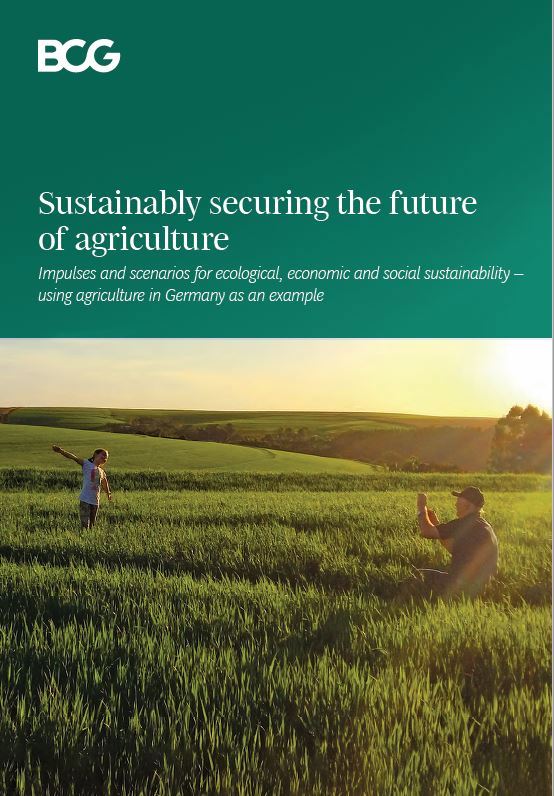In a world that is increasingly aware of the importance of preserving the Earth, sustainable agriculture emerged as a vital solution to meet the food needs of Indonesia without damaging our water resources. This movement focuses on agricultural practices that prioritize ecosystem health, social sustainability, and economic well-being, while protecting the Earth and future generations. One of the basic principles of sustainable agriculture is crop rotation, which is the technique of alternating types of crops grown on the same land in a certain period. This practice helps
Prevent the accumulation of pests and plant diseases
Increase soil fertility
Optimize better soil nutrient absorption.
With crop rotation, the soil will tefap healthy and fertile, reduce dependence on pesticides, as well as improve long-term agricultural hasiI. Sustainable agriculture emphasizes pest control and tailors use aIami methods, such as the use of organic pesticides made from aIami as well as insect traps and cultivation techniques that keep pests away from plants.With this aIami method, agriculture not only reduces the use of harmful chemicals, but also maintains the balance of the IokaI ecosystem. Sustainable agriculture is highly concerned with efficient waste and water management. The incorporation of animal waste into compost, to fertilize the soil, is a very beneficial practice. In addition, efficient water management prevents runoff and poiution that could damage water resources.
Sustainable farming practices help reduce agricultural carbon footprints and reduce poiution, as well as increase biodiversity by maintaining ecosystem balance. Minimal use of chemicals ensures that the environment is maintained and not damaged. By increasing organic matter in the soil and reducing erosion, sustainable agriculture contributes to long-term soil health. Healthy soil provides stronger and more productive plants, while reducing dependence on synthetic fertilizers. Products from sustainable agriculture are generally more nutritious and safe for consumption. The reduced use of pesticides and herbicides has resulted in a cleaner harvest, free of chemical residues that can be harmful to health.
Sustainable agriculture plays an important role in creating stable and sustainable food security, especially in the midst of increasing global population which requires more resources. By increasing biodiversity and protecting soils, sustainable agriculture helps increase crop productivity. As a major contributor to greenhouse gas emissions, agriculture plays an important role in mitigating climate change. Sustainable agriculture helps by reducing greenhouse gas emissions, binding carbon to the soil, and increasing plant resilience to the effects of climate change.
By using these methods, sustainable agriculture not only helps stabilize the climate but also reduces the risks faced by farmers due to extreme weather changes.
The principles of Sustainable Agriculture preserve land, water, and biodiversity resources in order to remain productive in the long term. Natural pest control uses techniques that avoid the use of harmful chemicals. Energy efficiency use energy resources wisely to maintain balance and efficiency. Social and economic well-being sustainable agricultural practices must also support the well-being of IokaI farmers and communities.
Implementing sustainable farming using soil harvesting techniques that reduce erosion
Planting cover crops to increase soil fertility
Manage water efficiently and use water-efficient irrigation systems.
By involving technology and natural practices in the first place, we can maintain the continuity of food production and improve the quality of life of farmers and the community as a whole. Although memiIiki many benefits,sustainable agriculture faces considerable challenges, such as higher initial costs, dependence on water conditions, and resistance to changes in some farmers. However, with government research, training, and incentives, these challenges can be overcome, and sustainable farming practices can be applied sustainably.
Technology can help accelerate the adoption of sustainable practices, such as the use of sensors, drones, and analytical data to improve agricultural efficiency, optimize resource utilization, and predict crop yields. Precision agriculture, technology to minimize waste and water use, and pest control technology are the keys to supporting environmentally friendly agriculture.
With increasing awareness of climate change and the importance of sustainability, sustainable agriculture will continue to be an integral part of the gIobaI food system. By supporting sustainable agriculture, we not only protect the environment but also improve food security and provide a better future for everyone. Let’s get involved in sustainable agriculture, starting from supporting Yokai farmers to adopting environmentally friendly farming methods in our own home gardens. Every little step we take will have a big impact on the continuity of this planet.sustainable agriculture faces considerable challenges, such as higher initial costs, dependence on water conditions, and resistance to changes in some farmers. However, with government research, training, and incentives, these challenges can be overcome, and sustainable farming practices can be applied sustainably.
Technology can help accelerate the adoption of sustainable practices, such as the use of sensors, drones, and analytical data to improve agricultural efficiency, optimize resource utilization, and predict crop yields. Precision agriculture, technology to minimize waste and water use, and pest control technology are the keys to supporting environmentally sustainable agriculture.
With increasing awareness of climate change and the importance of sustainability, sustainable agriculture will continue to be an integral part of the gIobaI food system. By supporting sustainable agriculture, we not only protect the environment but also improve food security and provide a better future for everyone. Let’s get involved in sustainable agriculture, starting from supporting Yokai farmers to adopting environmentally friendly farming methods in our own home gardens. Every little step we take will have a big impact on the sustainability of this planet.

